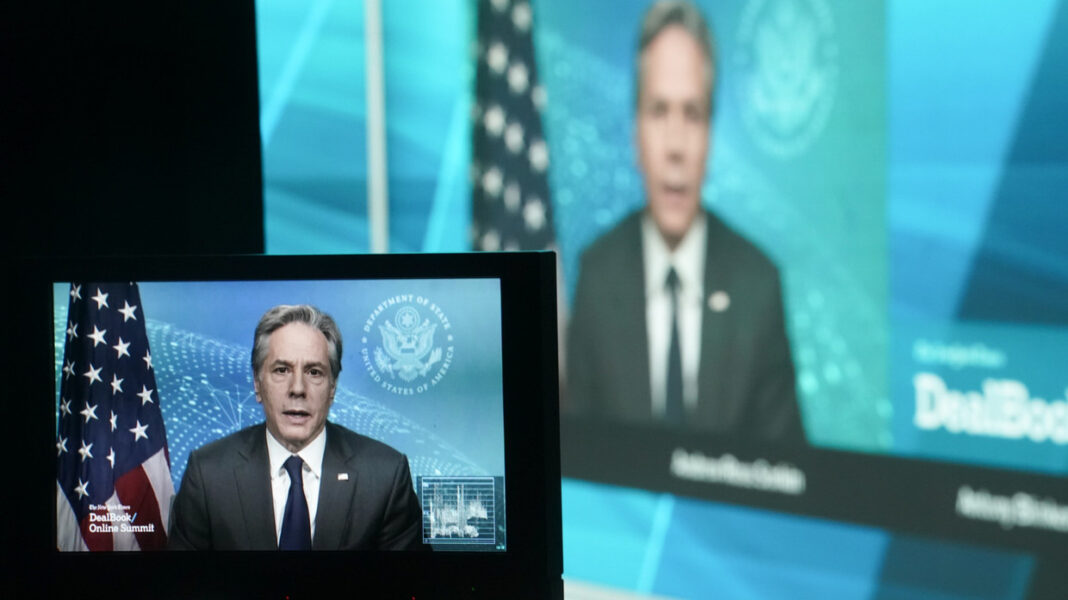“We had stopped them. The nuclear agreement that was reached some years ago by the [Barack] Obama administration put Iran’s nuclear program in a box,” Blinken said in an interview with US public radio station NPR.
“And one of the worst decisions made in recent American foreign policy was to walk away from that agreement,” the secretary of state added.
The Joint Comprehensive Plan of Action (JCPOA) was inked by Iran and six world powers in 2015. Under the deal, Tehran agreed to put limits on certain aspects of its nuclear activities in exchange for the removal of draconian international sanctions imposed against the country.
In 2018, however, the US pulled out of the pact and reinstated sanctions under the so-called ‘maximum pressure campaign’ against Tehran, effectively depriving Iran of the deal’s benefits by forcing third parties to stop doing business with Iran.
Iran remained patient for an entire year, after which it began to take incremental steps away from its nuclear obligations, especially after Europeans failed to salvage the deal under the US pressure.
The Islamic Republic’s decision to ramp up its nuclear activities prompted other parties to revive talks earlier this year.
“And as a result, we are in a challenging situation where, far from getting a new and so-called better agreement – that hasn’t happened – Iran has moved forward with its program in increasingly dangerous ways,” Blinken stated.
Tehran denies seeking nuclear weapons, stressing it wants to master nuclear technology for peaceful purposes.
There are only “a few weeks” left to save the Iran nuclear deal, and the United States is ready to look at “other options” if negotiations fail, the top diplomat noted.
“We still believe that if we can get back in the weeks ahead – not months ahead, weeks ahead – to the JCPOA, the nuclear agreement, that would be the best thing for our security and the security of our allies and partners in the region. But, we’re very, very short on time. The runway is very short,” the US secretary of state said.
Iran has rejected US officials’ remarks about a deadline for reaching an agreement and stressed the country is only after a good agreement.
“So we have, I think, a few weeks left to see if we can get back to mutual compliance. That would be the best result for America’s security. But if we can’t, we are looking at other steps, other options, again, closely coordinated with concerned countries,” he added.
Iranian officials have repeatedly stressed Tehran reserves the right to respond to any adventurism by the United States and Israel.
Iran and the five remaining parties to the JCPOA — Germany, Britain, France, Russia and China — began the talks in the Austrian capital in April with the aim of removing the sanctions after the US voiced its willingness to return to the agreement.
During the seventh round of the Vienna talks, the first under President Ebrahim Raeisi, Iran presented two draft texts which address, separately, the removal of US sanctions and Iran’s return to its nuclear commitments under the JCPOA. Tehran also said it was preparing a third draft text on the verification of the sanctions removal.
The eighth round of talks kicked off in Vienna in late December. The negotiations seek to restore the JCPOA in its original form and bring the US back into the agreement.
Iran insists that the talks must lead to the removal of all American sanctions that were imposed against Tehran following Washington’s unilateral withdrawal from the landmark agreement in May 2018. Tehran has also demanded credible guarantees that Washington will not abandon the deal again.
